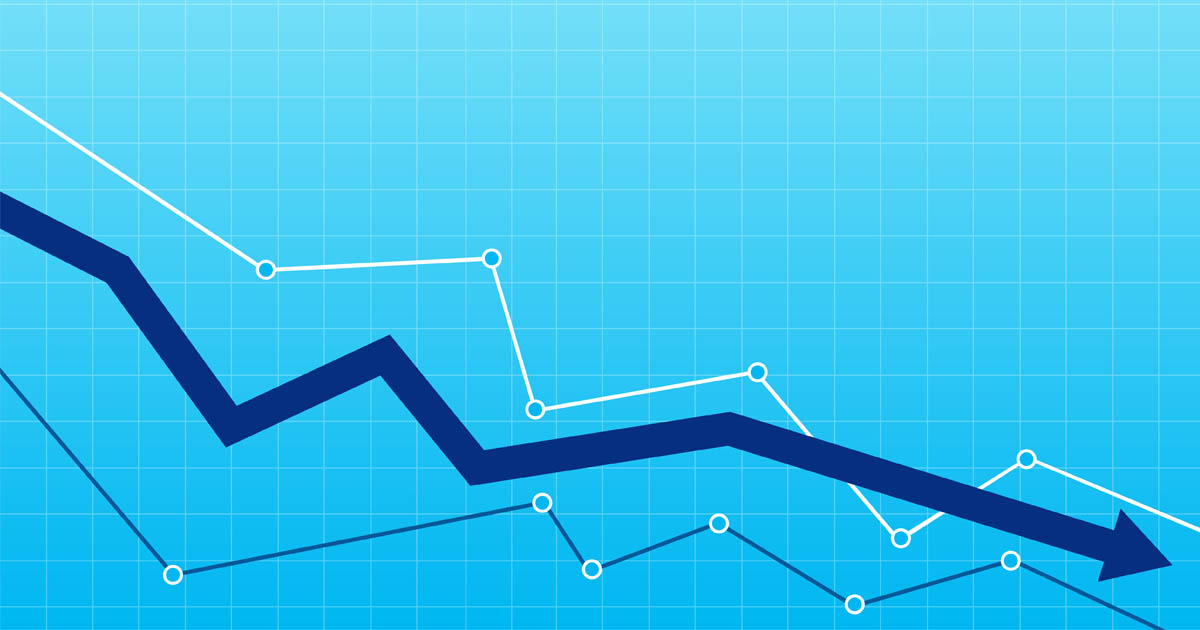Does Anybody Win a Trade War?

Tariffs on China and Mexico? Higher prices at the grocery store? Is this good or bad for the economy? We discussed tariffs and the talk of trade war with longtime Economics Professor Kent Jones.
Jones specializes in trade policy and institutional issues, particularly those focusing on the World Trade Organization. His most recent book is Reconstructing the WTO for the 21st Century (2015), and he is working on a new book, Populism and the Erosion of Trade Institutions, due out in 2020.
First thing’s first. What’s a tariff?
Tariffs are taxes on imports, paid by consumers and businesses in the importing country.
Why are there talks of a trade war?
A trade war is a potentially unlimited escalation of tariffs imposed among two or more trading partners, last seen during the Great Depression of the 1930s.
Trade war talks started in March 2018 when controversial “national security” tariffs of 10% on aluminum and 25% on steel were imposed against nearly all U.S. trading partners. This led to retaliatory tariffs against the U.S. There also have been threats to extend such tariffs to autos and auto parts.
The trade war intensified in April 2018, when there was a unilateral increase in tariffs against many Chinese goods, followed by Chinese retaliation. Further rounds of counter-retaliation followed, with threats of yet more escalation in May 2019.
Why is this controversial?
WTO rules seek to prevent trade wars by strictly limiting unilateral increases in tariffs, and requiring member countries to follow dispute settlement procedures.
In the U.S., these rules have been defied, which opens up the possibility for all other countries to impose national security tariffs on nearly any domestic product that faces import competition.
WTO rules also forbid unilateral tariffs and limit retaliation when there is a dispute, favoring negotiations and policy reforms instead. The U.S.-China trade war, in particular, shows how tariffs can escalate and proliferate without limit when these rules are abandoned.
So, who pays for this? What happens next?
Imposing tariffs raises taxes on a country’s citizens.
Recent economic studies show that U.S. citizens are bearing the entire price increase of the recent tariffs. Overall, U.S. businesses using steel and aluminum, as well as Chinese industrial input goods, have suffered the greatest economic losses from the tariffs, along with U.S. agricultural exporters targeted with retaliatory tariffs. Losses will increase and spread with each new round of tariff escalation.
The damage of tariffs goes beyond what consumers pay. The number of jobs in domestic industries “protected” by the tariffs is, in fact, more than offset by job losses in industries that use the protected good as an input, like aluminum and steel. Job losses extend to U.S. industries targeted with retaliatory tariffs.
A sudden imposition of tariffs also discourages investment and damages international business relationships.
Where does that leave us?
A year’s worth of this experience shows that tariffs are not “good” and trade wars are not “easy to win.” The world saw what happens when the 1930s trade war increased U.S. tariffs to an equivalent of nearly 60%, with foreign retaliation contributing to a decline in world trade by two-thirds and a deepening of the Great Depression.
After World War II, the major countries of the world, led by the U.S., established a trading system of rules to prevent new tariff wars. The world may need to learn some painful lessons once again.
Posted in Insights






